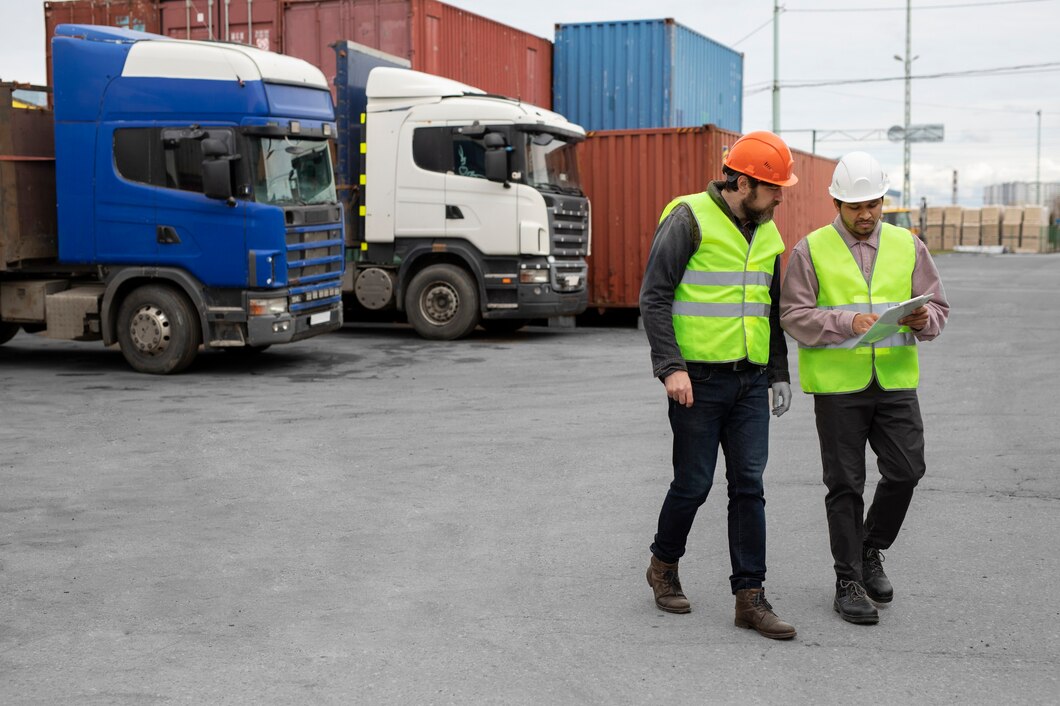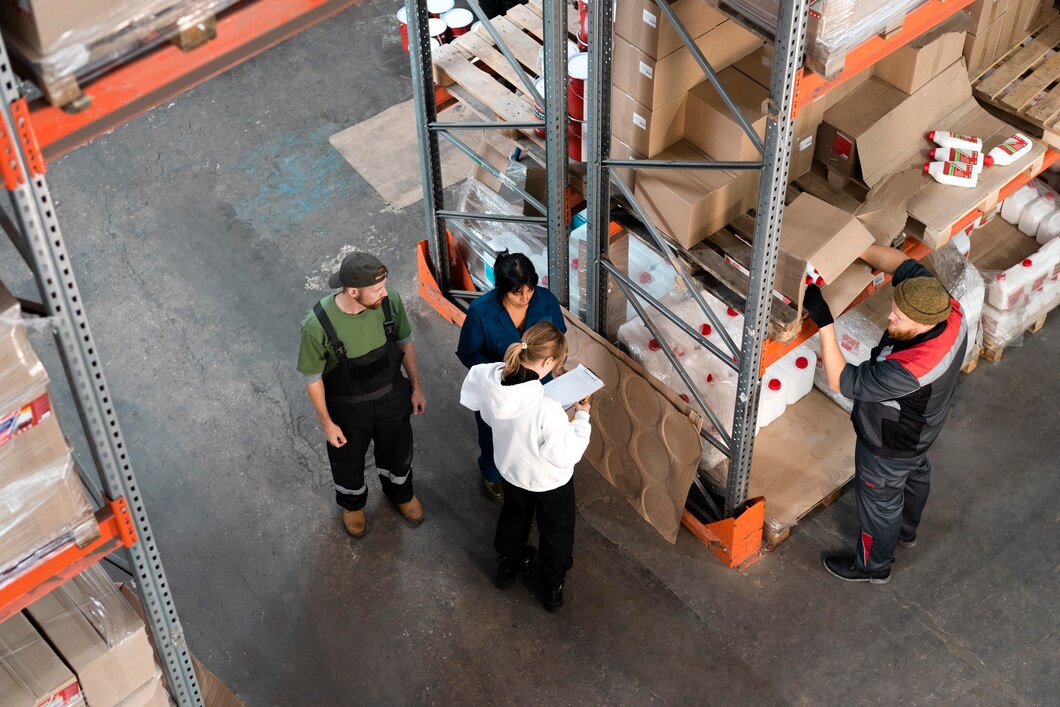Customs
clearance is a pivotal process ensuring the seamless movement of goods across
international borders, vital for businesses engaged in import, export, or
transit operations. Here’s an in-depth look at essential aspects of customs
clearance and their significance in global trade:
Import/Export/Transit
Customs Clearance Service
Customs
clearance involves ensuring that goods comply with local regulations upon entry
or exit from a country. This service handles documentation, compliance checks,
and communication with customs authorities, facilitating efficient trade
operations.
Customs
Evaluation of Merchandise
Before
goods can clear customs, they undergo evaluation to determine their value for
tariff and tax purposes. This assessment ensures accurate duty calculation and
compliance with import/export regulations, crucial for determining the
financial implications of trade transactions.
Import
Duty and Tax Assessment
Importing
goods typically attracts duties and taxes based on their classification and
origin. Understanding these assessments aids businesses in budgeting and
compliance planning, minimizing unexpected costs and ensuring financial
transparency.
Classification
of HS Codes
Harmonized
System (HS) codes globally classify goods for customs purposes, ensuring
consistency in duty calculation and compliance with import/export restrictions.
Proper classification is essential for accurate customs declarations and
regulatory adherence.
Customs
Surveying
Customs
surveys verify compliance with regulations, ensuring goods match declared
values and classifications. These surveys uphold the integrity of customs
procedures, preventing discrepancies and facilitating smoother clearance
processes.
Import/Export
Permissions of Controlled Goods
Certain
goods, like firearms or hazardous materials, require special permissions for
import/export due to safety or regulatory concerns. Managing these permissions
is critical to ensuring trade compliance and safety standards.
Import/Export
Record Maintenance
Maintaining
precise records of import/export activities is vital for compliance audits and
reporting to customs authorities. Accurate record-keeping supports transparency
in trade operations, facilitating efficient customs clearance and regulatory
compliance.
Payment
of Customs Duties on Customer's Behalf
Customs
brokers or agents often handle payment of duties and taxes on behalf of
importers/exporters, streamlining clearance processes. This service ensures
timely duty payments, minimizing delays and operational disruptions.
Temporary
Import/Export Procedures
Temporary
import/export procedures enable goods to enter or leave a country for a limited
period without incurring permanent duty or tax obligations. These procedures
support temporary trade activities, such as exhibitions or repairs, promoting
flexibility in international commerce.
Permanent
Import/Export Procedures
Permanent
import/export procedures involve goods entering or leaving a country for sale
or long-term use, subject to permanent duty and tax obligations. Understanding
these procedures is essential for businesses engaging in sustained
international trade.
Consultancy
Services
Customs
consultancy services offer expert guidance on navigating complex customs
regulations, ensuring compliance, and optimizing supply chain efficiency.
Consultants provide strategic insights to enhance trade operations and mitigate
compliance risks.
Export,
Import & Transit VAT Assessment and Payment
Value
Added Tax (VAT) assessment and payment apply to goods traded within or passing
through VAT-imposing jurisdictions. Managing VAT obligations impacts pricing
and cash flow management, requiring businesses to adhere to tax regulations for
seamless cross-border transactions.
Customs
Bonded Carriage
Customs
bonded carriage permits goods to transit under customs control without immediate
duty payment. This facilitates international trade logistics, supporting
efficient transit operations and reducing financial burdens on businesses.
Transit
Customs Handling
Handling
goods in transit involves managing customs procedures as goods pass through a
country route to their final destination. Efficient transit handling ensures
compliance with transit regulations, minimizing delays and optimizing supply
chain efficiency.


